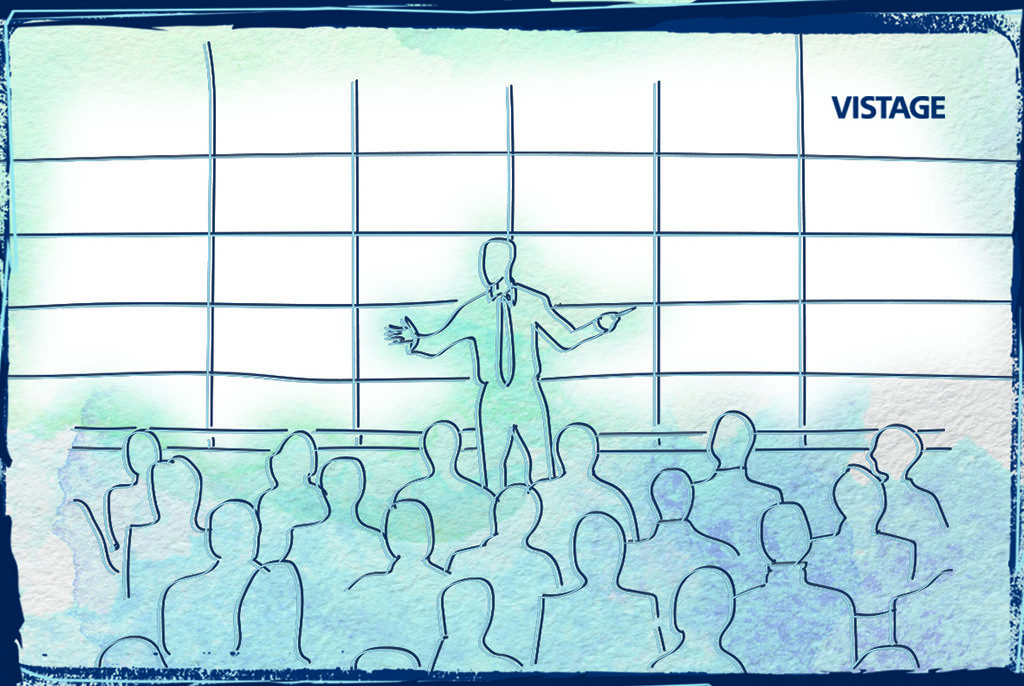Lessons from Letterman

After a 33-year career as a late-night talk show host, David Letterman retires in a few days. His last show is May 20.
Letterman has been interviewing celebrities, musicians, politicians and others while making viewers laugh longer than some of us have been alive. Some have never known a time when there weren’t Top 10 Lists or Stupid Pet Tricks. But Letterman’s legacy goes much deeper.
 You don’t get to be the longest-running host in late night history just because you have a cute gap between your front teeth. Those of us alive 33 years ago remember that David was so cool because he was simply… different and quirky. Sometimes he was silly, holding experiments in the street outside his studio. But it was all interesting. Innovative thinking, creativity and a sense of humor help a leader succeed in any industry.
You don’t get to be the longest-running host in late night history just because you have a cute gap between your front teeth. Those of us alive 33 years ago remember that David was so cool because he was simply… different and quirky. Sometimes he was silly, holding experiments in the street outside his studio. But it was all interesting. Innovative thinking, creativity and a sense of humor help a leader succeed in any industry.
A CBS press release says, “Letterman has been credited with changing the talk show genre.” But it’s not just the people paid to make David look good who applaud him. He and his shows have been nominated for 112 Emmy nominations, winning 16 awards.
Letterman hasn’t always struck the right chord. Remember the 1995 Oscars? But Letterman used the debacle of the Uma-Oprah night as joke material for years afterward. Perhaps Letterman’s biggest disappointment was not being named Johnny Carson’s successor when the host of The Tonight Show retired in 1992. So he moved to CBS. Late Night with David Letterman became the Late Show with David Letterman. David continued his success, even starting his own company, Worldwide Pants.
Disclosure: while I’m a Letterman fan, I don’t encourage extramarital affairs. And for Vistage, I speak on crisis communications. So I watched with personal and professional interest in October 2009 when the comedian spoke of an extortion attempt connected to his marital infidelity. He handled what could have ruined his career brilliantly then and even in a 2013 interview with Oprah Winfrey. In 2009, he apologized to his wife publicly – on his program – saying, “She has been horribly hurt by my behavior, and when something happens like that, if you hurt a person and it’s your responsibility, you try to fix it.”
You can find clips of these admissions by going to www.YouTube.com and searching “David Letterman apology.”
And it may be Letterman’s vulnerability and transparency that compel us to like him or at least respect his skills.
You don’t have to broadcast to millions to leave a legacy. Letterman’s career teaches executives three lessons:
- Turn disappointment into gold. When Letterman didn’t get the job he’d always wanted as host of The Tonight Show, he became more successful than ever. You will have disappointments. Let them fuel you, not deflate you. Living well really is the best revenge.
- When you make a mistake—and you will—admit it quickly, take responsibility and apologize. Reputation management and goodwill are big parts of business. Letterman was selling himself. You’re selling products or services, and you can’t afford customers to quit buying because you’re a jerk.
- Laugh at yourself. Your staff may not laugh at your jokes, but they will laugh when you make fun of your bad jokes. Laughter doesn’t always translate to profit, but it can make a workplace more pleasant and keep good people working for you.
You may be years away from retirement–but as an executive, your long-lasting impact should never be far from your thoughts. The good news is you don’t have to mix Mentos with Diet Coke to leave a legacy.
Category: Business Growth & Strategy Leadership


Another great insight from a super author.
Thanks, D.J.!